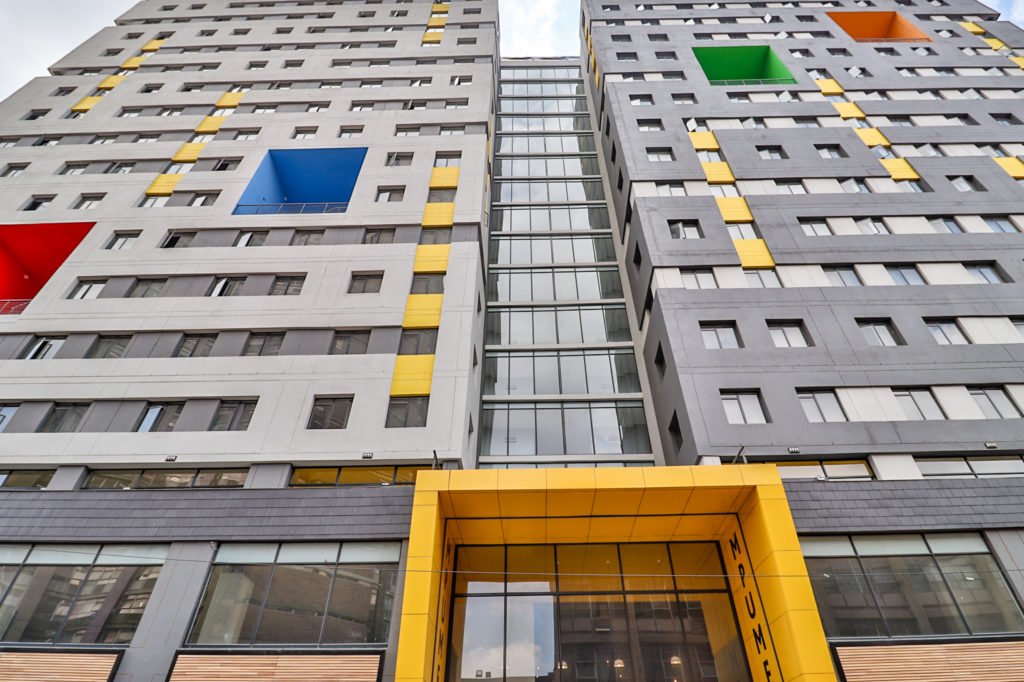Nelson Mandela International Day is a significant event celebrated not only in South Africa but across the globe. This article aims to shed light on what is celebrated on this momentous day. We’ll explore the background of the day, why it’s celebrated, and what the day consists of in various sections, including a focus on the South African context.
Introduction to Nelson Mandela International Day
Nelson Mandela International Day, celebrated every year on the 18th of July, commemorates the birth of Nelson Mandela, an iconic figure in the fight against apartheid in South Africa. This section will introduce you to the significance of this day and what it stands for.
Background
Nelson Mandela, born on July 18, 1918, dedicated his life to fighting racial injustice in South Africa. His struggles and sacrifices made him a symbol of peace, unity, and dignity. The United Nations declared his birthday as Nelson Mandela International Day in November 2009 to honour his contributions.
Purpose
The primary purpose of Nelson Mandela International Day is to honour the legacy of Mandela and encourage individuals around the world to act and inspire change for a better global community.
How is Nelson Mandela International Day Celebrated in South Africa?
The following section will give you a detailed understanding of how this day is celebrated in South Africa, from various activities to its impact on South African society.
Activities
On Nelson Mandela International Day, South Africans engage in various activities like:
- 67 Minutes: People are encouraged to spend 67 minutes doing something positive for their communities, reflecting the 67 years Mandela spent fighting for social justice.
- Community Service: Schools, businesses, and individuals partake in community service such as cleaning, planting trees, and helping the less fortunate.
- Educational Programs: Many educational institutions conduct special programs and events to teach the younger generation about Mandela’s legacy.
Impact on South African Society
Nelson Mandela International Day brings people together in South Africa, irrespective of race or social standing. It promotes the values that Mandela stood for, like peace, reconciliation, and human dignity.
Theory and Real-World Examples
To back up the significance of this day, we can apply the theory of social cohesion, which emphasises the importance of unity and solidarity within a community.
Example in the South African Context
For example, initiatives like the 67 Minutes campaign on Nelson Mandela Day in South Africa have led to a tangible impact on local communities. In the townships of Soweto, volunteers have helped build schools and improve infrastructure, all in the spirit of Mandela’s legacy.
Conclusion
Nelson Mandela International Day is not just a celebration of a man but a global movement that inspires people to take action and make the world a better place. In South Africa, this day is a profound reminder of the values that Mandela embodied and the enduring impact he has left on the country. Through community participation and reflection on Mandela’s principles, South Africans continue to strive for a more unified and compassionate nation.




